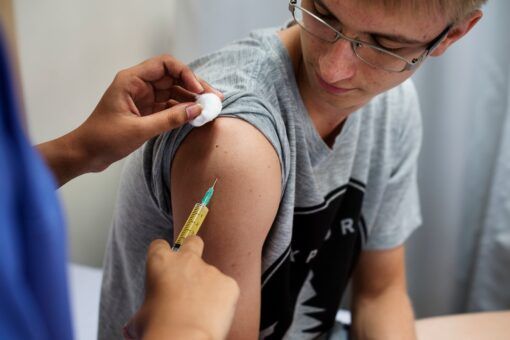Policy briefing20th April 2021

Summary
- Vaccine uptake can be a ‘default’ or a proactive decision, and can be influenced by a range of factors, including how people understand and weigh up benefits and risks; where they receive information and guidance about vaccines; personal beliefs or values; and practical considerations.
- Public health authorities use different strategies to increase participation in vaccination programmes, including information or educational campaigns; and incentivised programmes or policies that make vaccination mandatory or a condition of access to institutions, services or employment.
- Ethical considerations for public health authorities include promoting good health and reducing the burden of disease; balancing individual, community and wider public interests; fair and effective use of public resources; and international obligations and global health security.